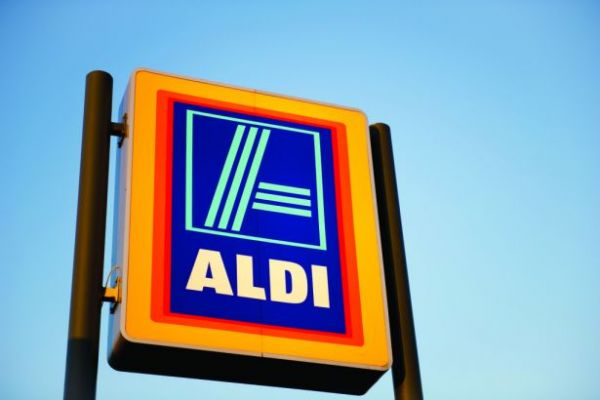Australia’s biggest supermarkets are losing favour with debt investors as a challenge from German discounter Aldi intensifies competition.
The cost of protecting Woolworths’ bonds against non-payment has climbed 15 basis points this year to 72 basis points on Wednesday. That’s the worst performance in the 25-member iTraxx Australia index. Wesfarmers, owner of the Coles chain, saw its credit-default swaps rise 9 basis points to 68, the second biggest increase.
Australia’s grocery war has intensified with the emergence of foreign-owned discounters and as the economy struggles amid a cooling mining investment boom. Retail sales data for April showed no growth and consumer confidence has fallen to a level last seen in January, before the central bank resumed cutting interest rates after a pause of more than a year.
The more aggressive climate has already claimed one high-profile scalp. Woolworths chief executive officer Grant O’Brien said last week he was stepping down after less than four years in charge, with the former shelf stacker acknowledged recent performance had been “disappointing”. The company said its full-year net profit will fall 12 per cent and that 1,200 workers will be fired.
Woolworths isn’t the only one hurting. Sales from Wesfarmers’ food and liquor stores open at least 12 months grew at the equal-slowest pace since 2012 in the March quarter thanks to price cuts, the Perth-based company said.
“Aldi’s a serious player,” Wesfarmers managing director Richard Goyder told a media briefing. “They’re a well- run outfit and a very serious competitor.”
With a combined market share of more than 78 per cent, the supermarkets have become two of the top seven retailers globally by net profits. That ranking’s under threat from Aldi, which has doubled sales in the country since 2008 and could repeat that by 2019, according to UBS Group AG.
“Aldi’s increasing acceptance among Australian consumers since it established its presence here in 2001 and its aggressive expansion plans are a long-term threat to the duopoly structure existent in Australia’s grocery market,” Moody’s Investors Service said in a March report.
“Aldi are being very aggressive and they’re having a fair degree of success,” said Scott Rundell, the chief credit strategist at Commonwealth Bank of Australia. “It’s very hard in this environment to start scaling back discounts and expect customers to pay more when you’ve got another hungry competitor willing to offer it cheaper. This is a significant competitive threat.”
Bloomberg News, edited by ESM














